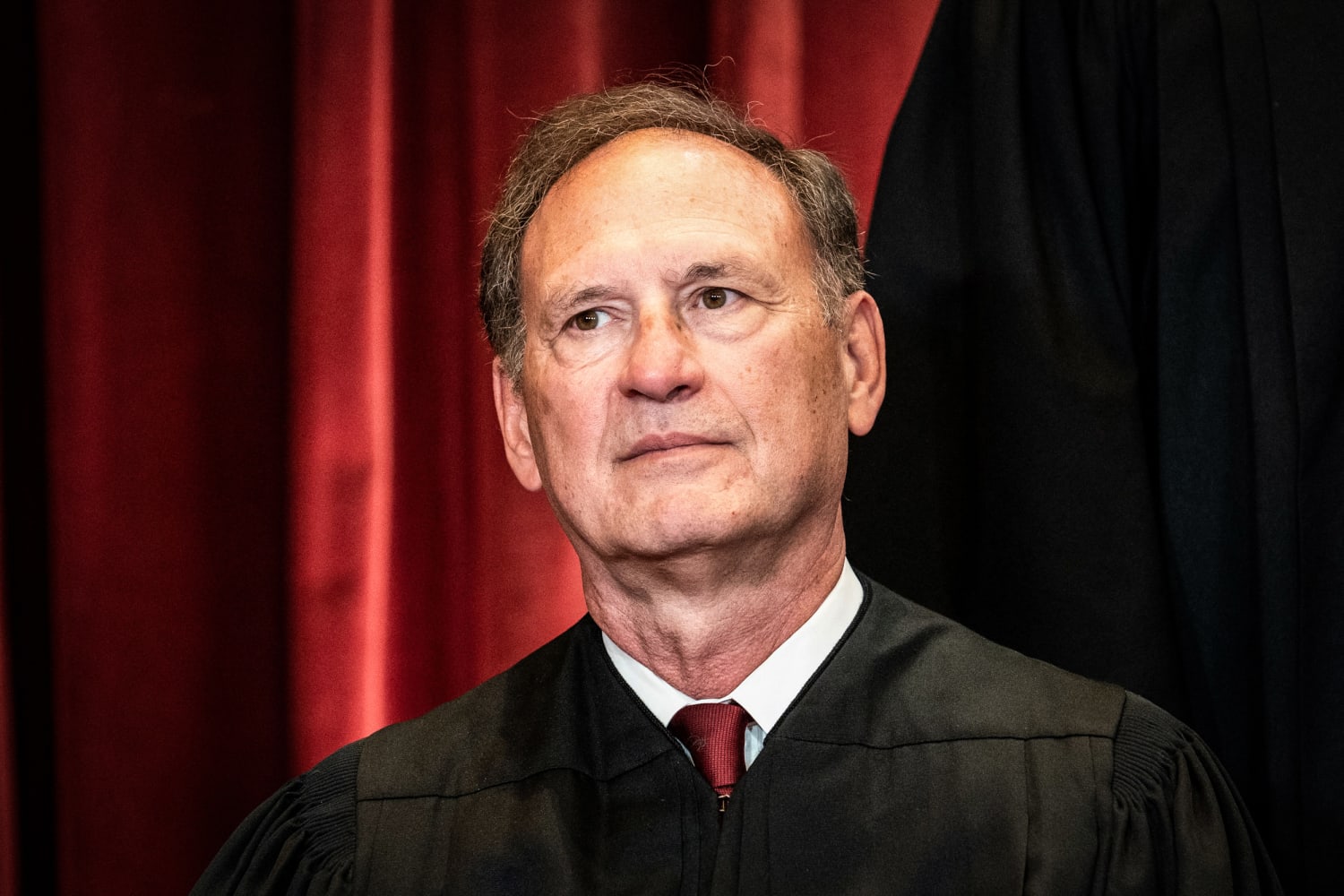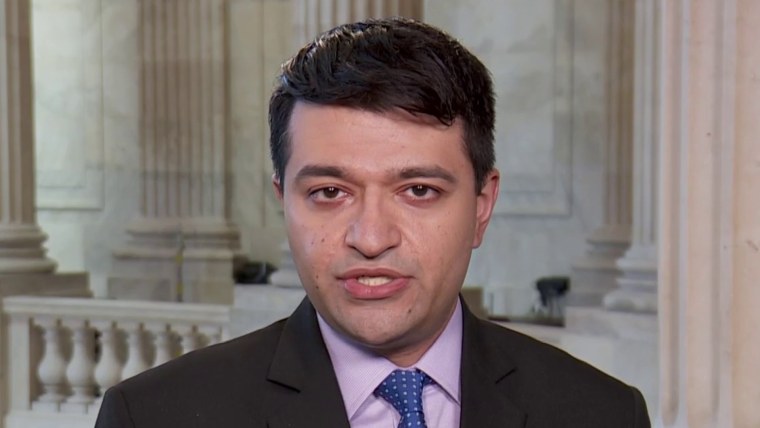Supreme Court Justice Samuel Alito said Thursday that recent criticism of the court’s decisions in cases involving abortion and evictions unfairly accused the conservative justices of acting in secret and in haste.
Both decisions — allowing the new Texas abortion law to take effect but blocking the Biden administration’s moratorium on evictions — were issued in a short time frame, without oral argument or the usual schedule for filing written briefs. They were instead the products of what has come to be known as the court’s “shadow docket.”
But Alito said the criticism is based on a misunderstanding of how the court handles emergency appeals.
“The catchy and sinister term ‘shadow docket’ has been used to portray the court as having been captured by a dangerous cabal that resorts to sneaky and improper methods to get its ways,” issuing decisions in the dead of night, Alito said in remarks at Notre Dame Law School.
“That portrayal feeds unprecedented efforts to intimidate the court or damage it as an independent institution,” he said.
Alito said the criticism misunderstands the court’s emergency docket — the cases seeking an immediate ruling to block the effect of a lower court ruling. The court is often given a deadline of only a few days to act and therefore cannot follow the normal schedule and must proceed without the usual exchanges of legal briefs or courtroom argument.
“We do the best we can under the time constraints,” he said, comparing the process to what emergency responders do at the scene of an accident.
In the Texas abortion case, he said, the challengers came to the court only 36 hours before the law, known as Senate Bill 8, was to take effect.
“Our decision was criticized by those who think we should have decided it the other way. I have no problem with debate over substantive issues. My complaint concerns all the talk about the shadow docket, as though it’s something new or shadowy.”
But criticism of the handling of emergency appeals has come from within the court as well.
The Supreme Court’s decision on Sept. 1 allowing the Texas abortion law to take effect “illustrates just how far the court’s shadow-docket decisions may depart from the usual principles of appellate process,” Justice Elena Kagan said in a brief dissent.
Kagan said by acting hastily, without guidance from the court of appeals and based on only cursory submissions, “the majority’s decision is emblematic of too much of this court’s shadow docket decision making — which every day becomes more unreasoned, inconsistent, and impossible to defend.”
Democrats on the Senate Judiciary Committee condemned the court’s increasing reliance on the emergency docket during a hearing Wednesday. Steve Vladeck, a law professor at the University of Texas at Austin, said that in past years the docket dealt mainly with narrow and temporary rulings, but more recent decisions have had a direct and permanent effect on state and federal law.
Source: | This article originally belongs to Nbcnews.com











